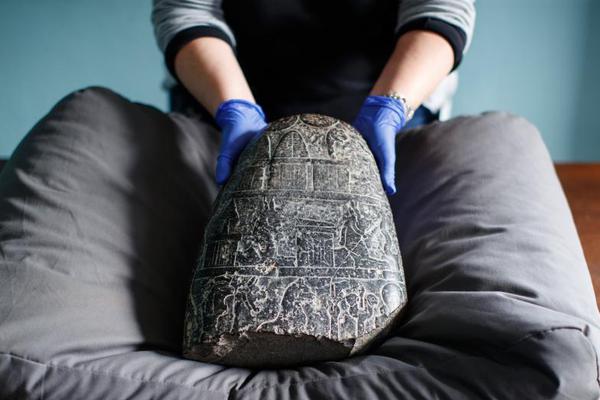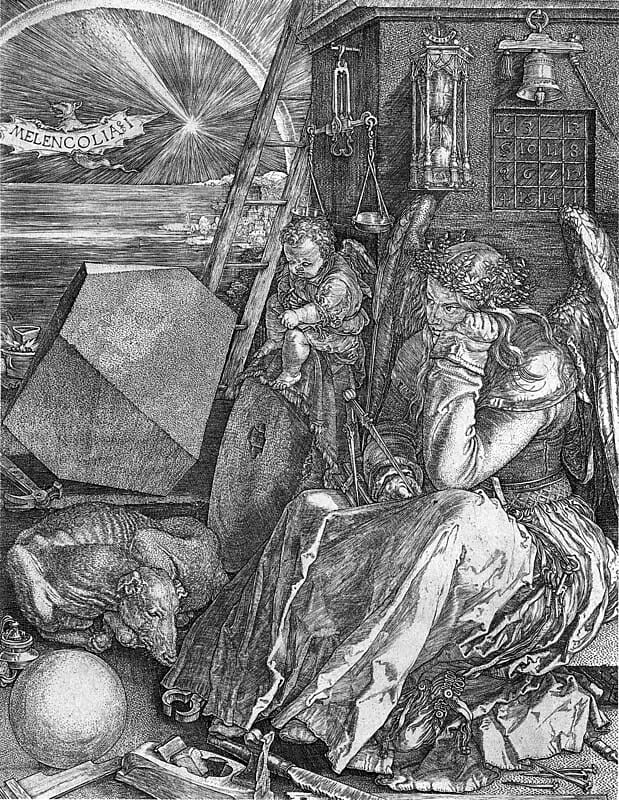Even the Wayback Machine is nonsexual eroticismgetting into fact-checkingnow.
In a blog poston its website, the Internet Archive announced it was rolling out fact-checking annotations on certain webpages archives by its Wayback Machine.
According to Mark Graham, director of the Wayback Machine, the organization felt the need for this feature after noticing a number of fact-checking groups linking to archived versions of pages.
“We are attempting to preserve our digital history but recognize the issues around providing access to false and misleading information coming from different sources,” Graham wrote in the post. “By providing convenient links to contextual information we hope that our patrons will better understand what they are reading in the Wayback Machine.”
Basically, due to fact-checking organizations resurfacing old, out-of-date information to debunk, the Internet Archive felt it was important that the Wayback Machine provide that context on the archived pages itself.
 Credit: Wayback Machine
Credit: Wayback Machine The announcement included examples of Wayback Machine’s fact checking labels. A yellow bar appears at the top of the archived page, informing users that it's been subject to a fact-check. A link to the fact-checking article is included in the label.
The examples include an archived CNN story on the GOP’s 2017 healthcare bill, which was fact checked by Politifact. Another example is an archived link to a page which researchers determined to be part of a disinformation campaign. The Wayback Machine now includes a link to the disinformation report.
Internet Archive’s final example is, in my opinion, the most relevant. The Wayback Machine can be a great resource for material originally posted on social platforms that were taken down due to policy violations. In this example, a Medium post which was promoting COVID-19 misinformation was removed from Medium’s platform due to one of those policy violations. The Wayback Machine now displays a label explaining that the page was removed due to breaking that platform’s rules.

The Wayback Machine is the largest online archive of digital material, maintained by the nonprofit Internet Archive. Users can search for nearly any webpage and find an archived version of that page. Some websites have multiple versions of its pages archived, allowing you to travel back in time and see how a certain webpage looked like at any given point in its history.
The fact-check labels are a good step towards combating misinformation, but they also say something about the state of the internet when even an archive library needs them.
Topics Social Media
(Editor: {typename type="name"/})
 Best Max streaming deal: Save 20% on annual subscriptions
Best Max streaming deal: Save 20% on annual subscriptions
 Soon you'll be able to charge your electric car at a Shell station in Manila
Soon you'll be able to charge your electric car at a Shell station in Manila
 Eminem just delivered an emotionally charged anti
Eminem just delivered an emotionally charged anti
 Remember Tamagotchi? Everyone's favorite virtual pet returns in November
Remember Tamagotchi? Everyone's favorite virtual pet returns in November
The Anatomy of Liberal Melancholy
 J.M. Bernays ,April 25, 2017 The Anatomy o
...[Details]
J.M. Bernays ,April 25, 2017 The Anatomy o
...[Details]
7 things we learned about Daisy Ridley from her 'Vogue' cover debut
 You might not know Daisy Ridley beyond her role in the Star Warsuniverse but that has, and will most
...[Details]
You might not know Daisy Ridley beyond her role in the Star Warsuniverse but that has, and will most
...[Details]
Oculus for Business will enable companies to work in VR
 Facebook's Oculus is hoping that VR will catch on in the business world.The company just announced a
...[Details]
Facebook's Oculus is hoping that VR will catch on in the business world.The company just announced a
...[Details]
Uber is under fire in *five* criminal investigations
 Life for Uber hasn't gotten easier. Bloomberg revealed Monday that the U.S. Justice Department is in
...[Details]
Life for Uber hasn't gotten easier. Bloomberg revealed Monday that the U.S. Justice Department is in
...[Details]
Best JBL deal: Save $80 on JBL Xtreme 4 portable speaker
 SAVE $80:As of April 15, the JBL Xtreme 4 portable speaker is on sale for $299.99 at Best Buy. That'
...[Details]
SAVE $80:As of April 15, the JBL Xtreme 4 portable speaker is on sale for $299.99 at Best Buy. That'
...[Details]
You can get cakes with actual poppable pimples, and it's horrifyingly realistic
 The pimple popping craze is in full bloom, and now it's on birthday cakes. Cakes with zit heads you
...[Details]
The pimple popping craze is in full bloom, and now it's on birthday cakes. Cakes with zit heads you
...[Details]
'Rick and Morty' fans: Szechuan sauce turned us into a 'Rick and Morty' joke
 We started out wanting to do nothing more than in-depth taste test of Rick and Morty's infamous, dis
...[Details]
We started out wanting to do nothing more than in-depth taste test of Rick and Morty's infamous, dis
...[Details]
Eminem just delivered an emotionally charged anti
 Shady's back, and angry as hell at President Donald Trump. Eminem just dropped one heck of a freesty
...[Details]
Shady's back, and angry as hell at President Donald Trump. Eminem just dropped one heck of a freesty
...[Details]
The FAA still hasn't refunded by $5 drone registration fee
 Hey, FAA, where's my $5?I'm a law-abiding citizen. So when the FAA decided in 2015 that all drone pi
...[Details]
Hey, FAA, where's my $5?I'm a law-abiding citizen. So when the FAA decided in 2015 that all drone pi
...[Details]
A Typical Wall Street Republican

Giant red lightsaber flies by Sydney Opera House, thrilling 'Star Wars' fans

接受PR>=1、BR>=1,流量相当,内容相关类链接。